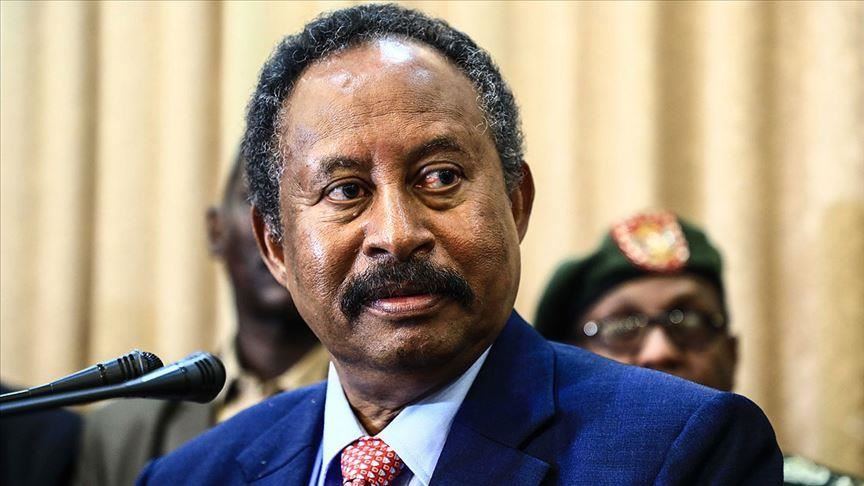Sudanese PM Abdalla Hamdok Resigns, See Why
Sudanese Prime Minister Abdalla Hamdok resigned on Sunday, six weeks after returning to his job in a pact with military coup leaders he thought might rescue the country’s transition to democracy.

Hamdok, who had failed to designate a cabinet as protests against the military coup in October persisted, stated that a roundtable discussion was required to draft a new accord for Sudan’s democratic transition.
“I chose to relinquish responsibility and quit as Prime Minister in order to allow another man or woman of this wonderful country an opportunity to..assist it to navigate through what remains of the transitional era to a civilian democratic country,” Hamdok said in a televised address.
Sudan’s political future is now even more unpredictable, three years after an uprising that resulted in the removal of long-time leader Omar al-Bashir.
Following Bashir’s fall, Hamdok, an economist and former United Nations official generally recognized by the international world, was appointed prime minister under a power-sharing arrangement between the military and civilians.
He was deposed and placed under house arrest by the military following an Oct. 25 coup, but he was reinstated in November.
However, many in the civilian coalition that had previously backed him, as well as demonstrators who continued to organize enormous protests against military authority, condemned the bargain for his return.
Security officers fired tear gas at protestors in Khartoum on Sunday, hours before Hamdok’s address, as protesters marched toward the presidential palace.
According to a physicians’ group affiliated with the protest movement, at least two individuals were murdered, raising the total death toll in protests since the Oct. 25 coup to 56.
Among the economic measures overseen by Hamdok was the elimination of expensive fuel subsidies and a significant depreciation of the currency.
Sudan was able to qualify for debt relief on at least $56 billion in foreign debt as a result of these measures, however, the coup called the debt relief agreement into question and suspended considerable Western economic support for Sudan.
On his return as prime minister in November, Hamdok stated that he wants to maintain the economic measures done by the transitional administration while also putting an end to the violence caused by the crackdown on protestors.
.



































































